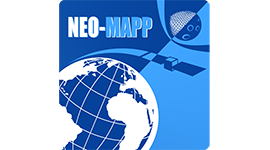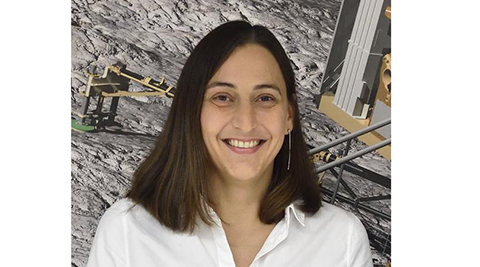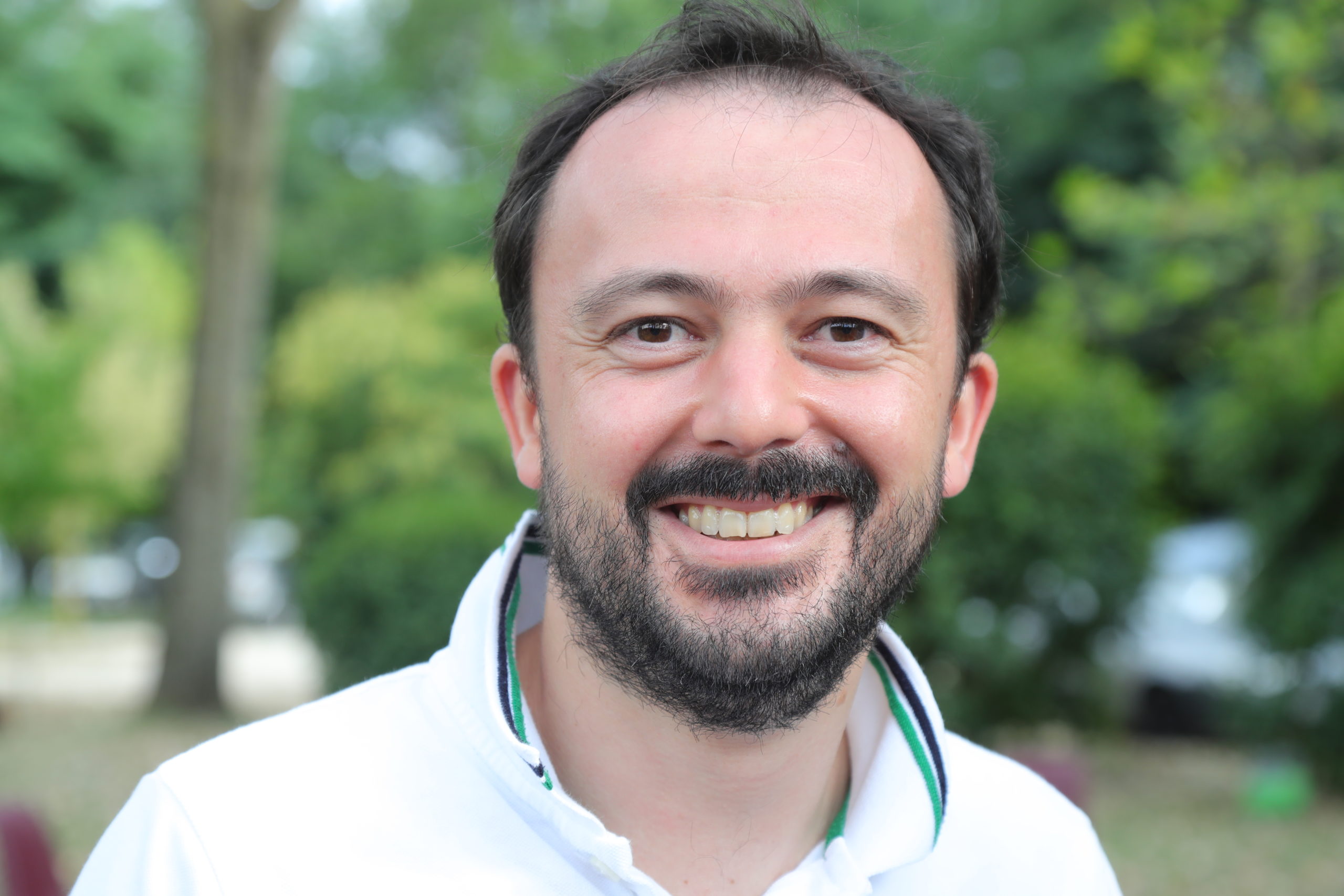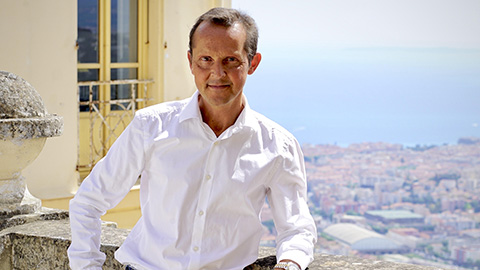The Centre National de la Recherche Scientifique (National Centre for Scientific Research, CNRS) is a government-funded research organization, under the administrative authority of France’s Ministry of Research. CNRS units employ permanent researchers, engineers, technicians, and administrative staff throughout France. The laboratory Lagrange of CNRS is hosted by the Observatory of Côte d’Azur in Nice. The laboratory is involved in the astrophysical exploitation of major astronomical equipment, numerical computation for theoretical developments, simulations of astrophysical objects and the analysis of observational and theoretical data, in planetology, fluid mechanics, plasma and solar physics, and cosmology.
Researchers of the team Theories and Observations in Planetology (TOP) of Lagrange are involved in topics such as collisional processes between small bodies, the discovery and characterization of small bodies, impact hazard mitigation, the origin and evolution of planetary systems, the formation of the Solar System and exoplanets. The group has developed an internationally acclaimed model, known as the “Nice Model”, which provides a scenario reproducing consistently the early phases of our Solar System. Activities of the group also include contributions to relevant space projects of ESA, NASA and JAXA (Hera, DART, Hayabusa 2, OSIRIS-REx, Destiny+, MMX, Psyche, InSight), and the responsibility for data-reduction activities related to Solar System issues for ESA’s space telescope GAIA.
CNRS has considerable experience in project management and coordination. In particular, the CNRS person in charge of NEO-MAPP coordination is the leader of the TOP team of the Lagrange laboratory, is the science lead of the Hera space mission understudy at ESA, is the co-chair of the coordination committee of the AIDA space project in collaboration between ESA and NASA (composed of ESA Hera mission and NASA DART mission), co-chairs a working group in the JAXA Hayabusa2 mission and is the co-chair of one of the Science Groups in the JAXA MMX mission. He will be assisted by an administrative engineer who will take care of the administrative management of the project. CNRS is thus well prepared to take over the overall responsibility for the NEO-MAPP project, including maintaining the schedule, monitoring progress with respect to milestones and deliverables, and troubleshooting any problems that threaten to impede progress. As a Coordinator it will be the single point of contact with the European Commission and will be in charge of providing progress reports and further documents as and when necessary. The Coordinator oversees the scientific and technical day-to-day progress of the project and initiates any action to resolve issues that threaten to delay progress. A work plan will be maintained and updated as necessary.




